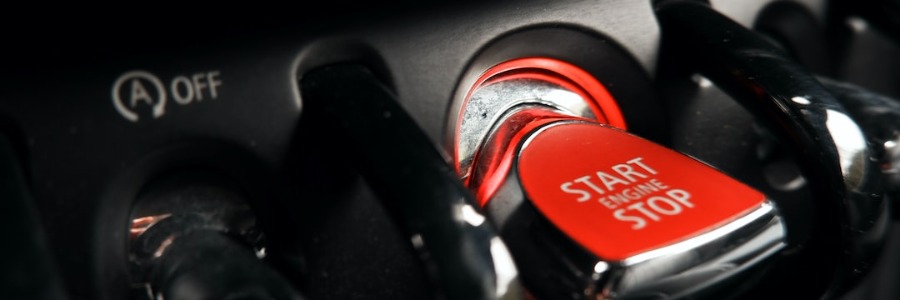What You Need to Know about Maryland New DUI Law: Noah’s Law
Contents
Driving after having a few drinks on a night out is never a good idea, and the DUI penalties in Maryland that were once considered potentially lax compared to surrounding states will now be made to be far more severe for those finding themselves in this unenviable position, especially if there was a car accident. By way of background for the new law:
On December 3rd, 2015 Montgomery County officer, Noah Leotta, was fatally struck by a drunk driver. Leotta was returning to his car after conducting a stop on another vehicle when Luis Gustavo Reluzco, 47, was driving and hit both the police cruiser and officer Leotta. The result of this young officer’s death lead to the Maryland State Senate’s unanimous passing of ‘Noah’s Law’ in March of 2016 and will go into effect this Saturday October 1st, 2016. The DR-15 (Advice of Rights) which the officer must read to you prior to requesting you to blow in the machine at the police station has changed accordingly and become far more severe than it has ever been regarding the MVA consequences to your driver’s license.
“Noah’s Law” is notable in that it requires all DUI offenders with blood alcohol levels of 0.15 percent or higher to use a Breathalyzer before they can start their car. The nuance in Noah’s Law is that those with lower blood alcohol levels, such as 0.08 or less, are not required to use the Breathalyzer unless ordered to do so by a court.
The new law addresses test failures (ie. a blow of .08 or more) and alcohol test refusals before court and the effect of a DUI conviction on your driver’s license after court. Noah’s law lowers the blood alcohol level at which ignition interlocks are permitted and encouraged to be installed from 0.15 to 0.08. More specifically, you can either install an interlock for 6 months or you will be suspended for 180 days for a first offense .08 case; this is an increase from the standard 45 day suspension. Noah’s law will also essentially require an interlock for individuals who have refused a breath test, not just those who have been convicted of driving under the influence.
Again, if you do not take the interlock for a period of 1 year following a refusal to blow, your license will be suspended for 9 months. Thus, it does not make much sense to go without a license for 9 months or 270 days when you install the lock for a period of 12 months and be on your way. As you can see in the convenient chart below, the new law will significantly increase mandatory suspension periods for those who choose not to install the interlock device. The state is sending a very strong message that if there is any alcohol or DUI infraction along these lines, an interlock is all but mandatory if you need to drive.
When the law went into effect, the new legal consequences gave Maryland the push to join the other 27 U.S. states that currently require interlock devices for persons convicted of drunk driving. The sanction of ignition interlocks for those convicted of DUI has reported to yield the lifesaving results of not only a 67% drop in DUI recidivism, according to U.S. Centers for Disease Control, but also a reduction in alcohol-impaired traffic fatalities mostly in part to laws mandating interlocks for all convicted drunk drivers; NHTSA data.
Comparison
Past Administrative Per Se Penalties vs. Increased Administrative Per Se Penalties Under the Bill
| Above 0.08 | Above 0.15 | Test Refusal | ||||
|---|---|---|---|---|---|---|
| Offense | Current | New | Current | New | Current | New |
| First | 45 days | 180 days | 90 days | 180 days | 120 days | 270 days |
| Second (subsequent) | 90 days | 180 days | 180 days | 270 days | 1 year | 2 years |
| Accident death | 6 mths | same | 1 year | same | ||
Source: Department of Legislative Services
BAC = Blood Alcohol Concentration




